11/1/24 5 O ‘Clock Report
Podcast: Play in new window | Download (Duration: 15:26 — 21.2MB)
Subscribe: Apple Podcasts | Android | Email | RSS
11/1/24 5 O ‘Clock Report
News features from a Biblical perspective.
Podcast: Play in new window | Download (Duration: 15:26 — 21.2MB)
Subscribe: Apple Podcasts | Android | Email | RSS
11/1/24 5 O ‘Clock Report
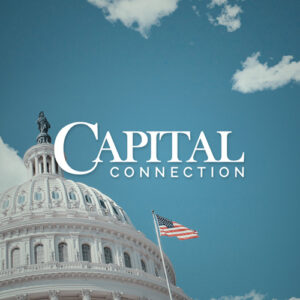
Podcast: Play in new window | Download (Duration: 10:50 — 24.8MB)
Subscribe: Apple Podcasts | Android | Email | RSS
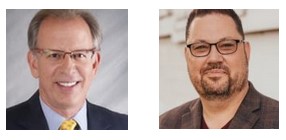
Capital Connection – 11/01/24
Podcast: Play in new window | Download (Duration: 33:05 — 75.7MB)
Subscribe: Apple Podcasts | Android | Email | RSS

Podcast: Play in new window | Download (Duration: 16:10 — 22.2MB)
Subscribe: Apple Podcasts | Android | Email | RSS
10/31/24 5 O ‘Clock Report

Podcast: Play in new window | Download (Duration: 9:26 — 13.0MB)
Subscribe: Apple Podcasts | Android | Email | RSS
a Family Life News Feature
As two candidates race toward the end of this year’s campaign for the White House, what can we learn from all the Chief Executives who came before?
In this podcast from Family Life News, you’ll hear from a best-selling author and presidential historian. David M. Rubenstein has compiled stories, records and reflections on all 46 presidents so far, and says the American presidency is “The Highest Calling” in the world.
Rubenstein tells interviewer Greg Gillispie about how the presidency has been reshaped across U.S. history, the uniqueness of Americans choosing their own leaders, and how his broad scope across history provides insights into the 2024 election. He is concerned that 80 million citizens who are eligible to vote and shape their governance choose not to take part.
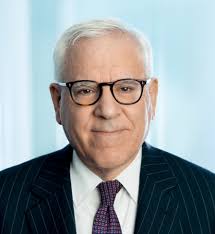 David M. Rubenstein is a lawyer, businessman, philanthropist, author and host of a history program on television. He has served as a government official, and is a co-owner of the Baltimore Orioles of Major League Baseball.
David M. Rubenstein is a lawyer, businessman, philanthropist, author and host of a history program on television. He has served as a government official, and is a co-owner of the Baltimore Orioles of Major League Baseball.
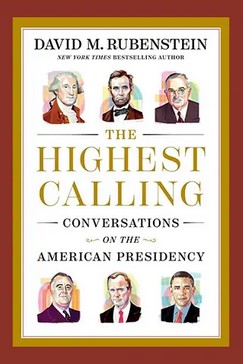 His book The Highest Calling: Conversations on the American Presidency includes interviews with most of the living presidents, essays by other commentators and journalists, and anecdotes about the people who were chosen to lead their nation.
His book The Highest Calling: Conversations on the American Presidency includes interviews with most of the living presidents, essays by other commentators and journalists, and anecdotes about the people who were chosen to lead their nation.
10/31/2024
Podcast: Play in new window | Download (Duration: 32:34 — 74.5MB)
Subscribe: Apple Podcasts | Android | Email | RSS

Podcast: Play in new window | Download (55.8MB)
Subscribe: Apple Podcasts | Android | Email | RSS
10/30/24 Real Answers with Chris Anderson. In today’s segment, Family Life News Anchor Sarah Harnisch asks Christian Counselor Chris Anderson how to process the upcoming general election. What do you do if you don’t like any candidate? What does the Bible say about sitting out on the vote? And how do you process your own emotions when you see inflammatory comments online or in the news? Anderson breaks it down.
Podcast: Play in new window | Download (Duration: 16:32 — 22.7MB)
Subscribe: Apple Podcasts | Android | Email | RSS
10/30/24 5 O ‘Clock Report
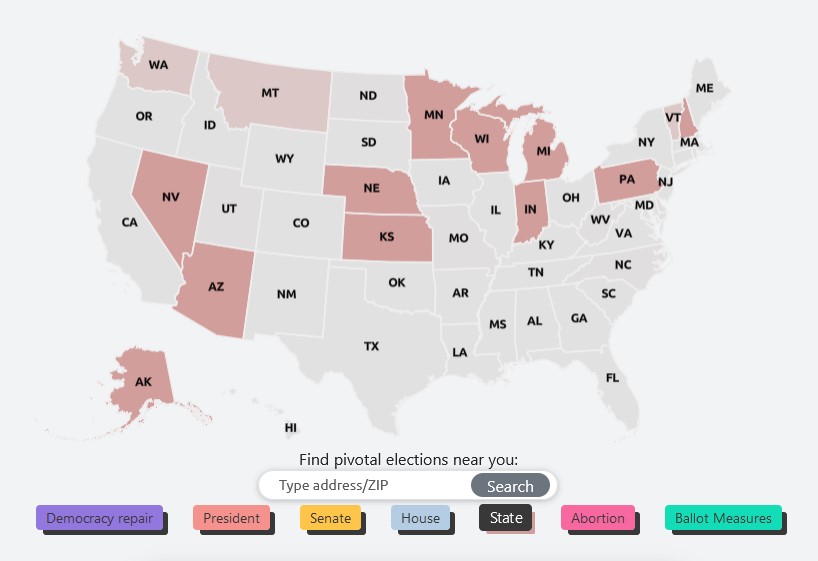
Podcast: Play in new window | Download (Duration: 5:31 — 7.6MB)
Subscribe: Apple Podcasts | Android | Email | RSS
The developer of a web-based tool to evaluate action plans based on political polls and populations says control of Congress runs through Pennsylvania and New York again this year:
Dr. Sam Wang and his team created the “Vote Maximizer” website which shows statewide and national trends to measure how and where individuals and groups have the largest influence on government through their votes and other political activities.
VoteMaximizer.org shows several Pennsylvania counties where an individual voter has the most influence on their state government: Centre, Erie, Mercer, Luzerne, Lackawanna and Allegheny. The biggest influence this year for New York voters is on some Congressional seats from Syracuse and Utica toward New York City, including Districts 19 and 22.

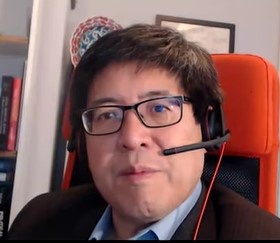
Sam Wang is an Ivy League professor, as well as the founding director of the Electoral Innovation Lab. Princeton University’s Neuroscience Lab is named after him.
Their website is VoteMaximizer.org. An introductory video is here.
He has an interest in improving the government through the ways voting districts are mapped. He gave a TED Talk this fall on “Using Math to Repair Democracy”.

Podcast: Play in new window | Download (Duration: 32:20 — 74.0MB)
Subscribe: Apple Podcasts | Android | Email | RSS
